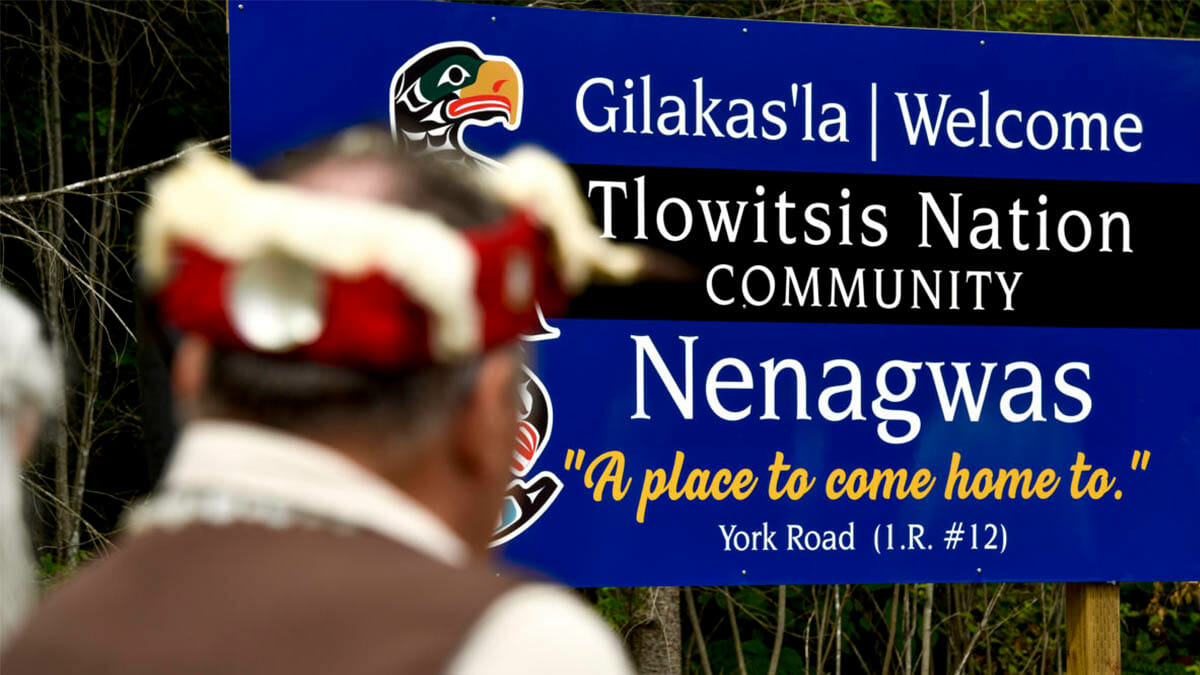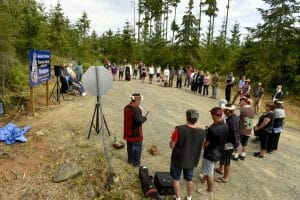Estimated Reading time

2 Mins
Tlowitsis Nation Establishes Nenagwas, a New Community Near Campbell River

The Tlowitsis Nation traditionally travelled and lived throughout their territories, which span the coastal area of Northern Vancouver Island, Johnstone Strait and adjacent mainland inlets. In the late 1960s, the Tlowitsis were displaced from Kalagwees, their primary winter residence on Turnour Island, leading the Nation to be culturally and physically separated from their traditional territories.
Since then the Nation has searched for a new community to call home and now that search is over.
We need a place for our people to live and be able to make decisions about their territory and governing, and you can’t do that unless you have a community.
In spring of 2018, Tlowitsis Nation finalized the purchase of a 635-acre property in the Strathcona Regional District, just south of Campbell River. It is there that their citizens will establish a new community known as Nenagwas, or “a place to come home to” in English.

A new CBC article describes the new Tlowitsis community.
The sign at the start of a gravel driveway leading into a rural piece of land just outside Campbell River, B.C., says “Nenagwas” — “a place to come home to.”
Tlowitsis councillor Thomas Smith says that’s exactly what this new 635-acre area is for his nation of about 450 people, who have not had a place to call home for decades.
“We need a place for our people to live and be able to make decisions about their territory and governing, and you can’t do that unless you have a community,” Smith says.
Traditionally, the Tlowitsis Nation occupied a number of sites on the coastal area of northern Vancouver Island and adjacent mainland inlets.
The nation has 11 reserves in its traditional territory, but Smith says they are all tiny pieces of remote land and are not suitable for building a community.
Read the full CBC article here and learn more about Tlowitsis Nation on their website.
